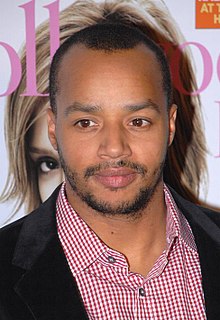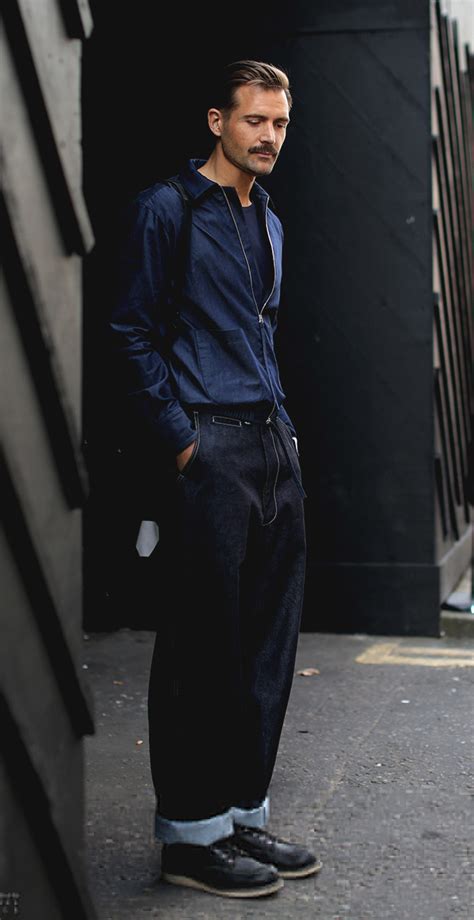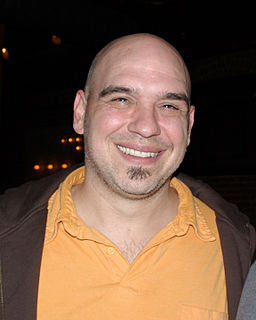A Quote by Robert H. Frank
In short both the things we feel we need and the things available for us to buy depend largely—beyond some point, almost entirely—on the things that others choose to buy.
Related Quotes
The thing about new things is you feel new when you buy them, you feel as though you are somebody different because you own something different. We are our possessions, you know. There are people who get addicted to buying new stuff. Things. Piles and piles of things. But the new things become old things so quickly. We need new things to replace the old things.
Buy products of genuine lasting value from brands that take their manufacturing seriously. I have things that are 75 years old, like the dinner suit of my grandfather's that was made in 1933 by a tailor in Edinburgh. Clothes develop stories. You can remember where you've been through clothing that you've worn. I want products that are going to endure. I hate that we buy things that are disposable. We need to buy products with integrity.
Do not use intoxicants of any sort. We who should be serving the world should not ruin our health by smoking and drinking. The money we waste on these things can be used for so many useful things. With the money we smoke away, we can buy an artificial leg for one who has lost a leg, pay for an eye operation for someone with a cataract, or buy a wheelchair for a polio victim. Or, if nothing else, we can buy some spiritual books for the local library.
Buy less. Choose well. Make it last. Quality, not quantity. Everybody’s buying far too many clothesI mean, I know I’m lucky, I can just take things and borrow them and I’m just okay, but I hate having too many clothes. And I think that poor people should be even more careful. It doesn't mean therefore you have to just buy anything cheap. Instead of buying six things, buy one thing that you really like. Don't keep buying just for the sake of it.
In the future, you won't buy artists' works; you'll buy software that makes original pieces of 'their' works, or that recreates their way of looking at things. You could buy a Shostakovich box, or you could buy a Brahms box. You might want some Shostakovich slow-movement-like music to be generated. So then you use that box.



































